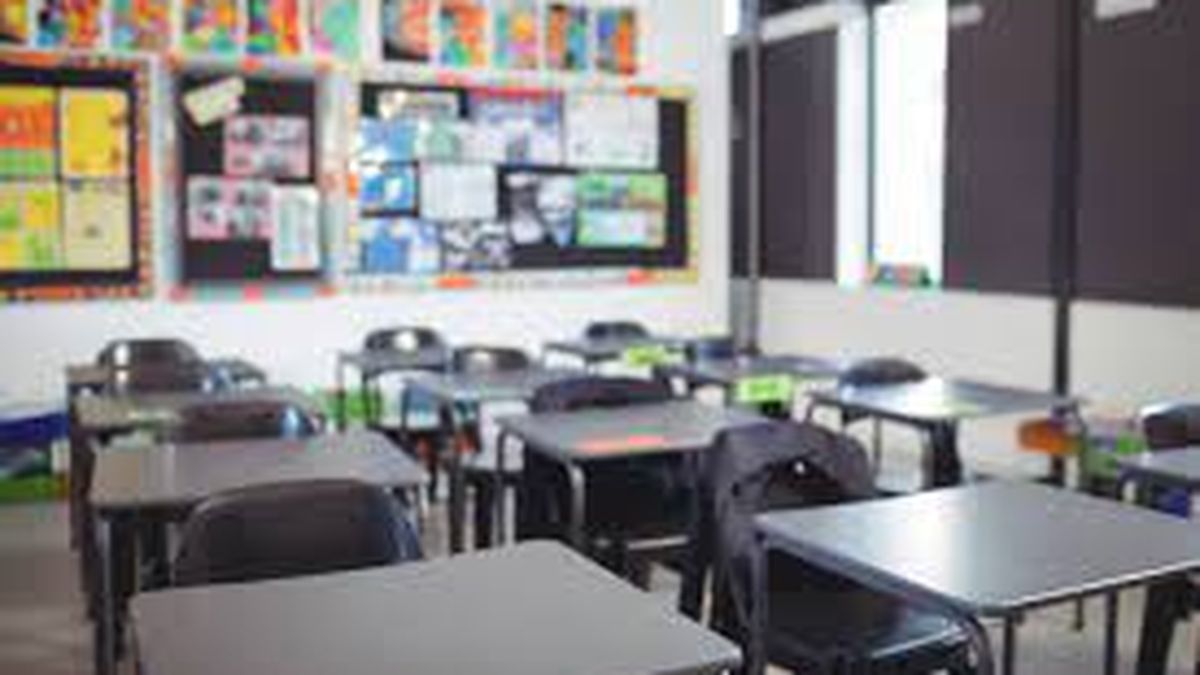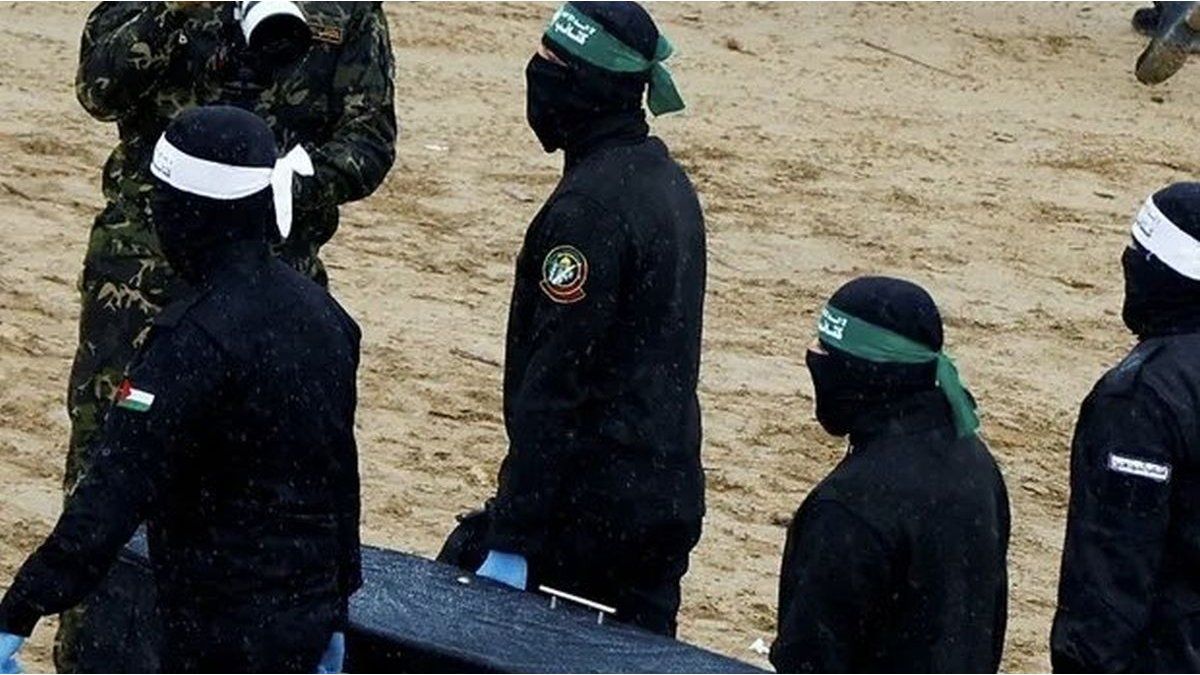The Private education is going through a crisis due to the great decrease in enrollmentFaced with this, they are looking for possible solutions although many are making the decision to close their doors; meanwhile, since National Administration of Public Education (ANEP) They asked the schools, if they stop providing their services, to notify them in advance to be able to absorb the students who are left without school.
Faced with the situation that private schools are going through, the ANEP counselor, Juan Gabito, He recalled in an interview with Telemundo that the decision to close can only be made at the end of the year, when the school year ends.
“The closure, which can only be arranged at end of the school yearshould have enough advance notice so that families can get used to the idea and make their decisions, and so that the public system, which is the one that has the obligation to receive those students in case they are not going to another private school, can distribute them and serve them appropriately,” the counselor explained to Telemundo.
Regarding the closure of private schools, Gabito explained that there are three dimensions, of which two of them are in the private sphere and the other in the public sphere. The first of them has to do with the contract between those private schools and the parents of the students, the second with the employment relationship between institutions and their workers.
Meanwhile, the third level, which involves the ANEP and therefore belongs to the public circle, has to do with the access to education and the obligation of the public administration to retain all those students who are left without school, always respecting a certain educational quality and general standards.
What are the causes?
While since Uruguayan Association of Catholic Education (Audec) assured that it has to do with a question of birth rate, from the ANEP – although they do not deny that this is the main cause of the drop in enrollment – they estimate that there are also other issues to take into account.
“The tuition in the public has also fallen due to the drop in the birth rate. The percentage of 15%-17% that the private sector prefers has the same share of reduction as the public does,” Gabito assured.
However, he also recalled that “there is an impact from the point of view economic in some types of families, and it also lies in the strength or not of the institutions.” On the other hand, he added that this phenomenon could also be explained by a shift from private schools to public schools due to a more varied offer.
“I think that the public offer has been improved in the sense of extend teaching timeand families prefer those institutions that receive students for more hours throughout the day,” estimated the ANEP counselor, although he ruled out that it has to do with a qualitative dimension since teachers are trained in the same places, their salaries They are similar and the educational programs and plans are the same.
For Gabito, it has to do with the “quality of the institution, as older containment, responsibility and immediacy in the answer” since a school where “there are three people to talk to is different than an institution like ANEP that has thousands of officials and many levels.”
The possible solutions
The Uruguayan Association of Catholic Education (Audec) and the Association of Private Education Institutes (Aidep) are those that bring together 220 centers of the more than 300 private schools that the Uruguay. There, between primary, initial and secondary, 113,000 people study.
Audec is considering the possibility of merging schools before closing them. “Before making a closure, leaving families without coverage, leaving students without reference groups, and teachers without sources of work, we seek to see to what extent we can make absorptions and serve the people,” he said. Juan Achard, deputy national director of Audec to El País.
In that sense, he assured that the educational centers were being asked to begin communicating with the association to be able to think of a solution. “Before one survives or they begin to break, Let’s see if we can put something together,” said the director who represents more than 160 private schools.
Achard added that the most worrying situation is that of private schools in the interior of the Uruguay since they are few, with smaller infrastructures and with fewer resources. Meanwhile, Aidep – in charge of nuclearizing more than 60 private educational centers – assured El País that they have no plans, for the moment, to implement the merger of schools.
Source: Ambito




